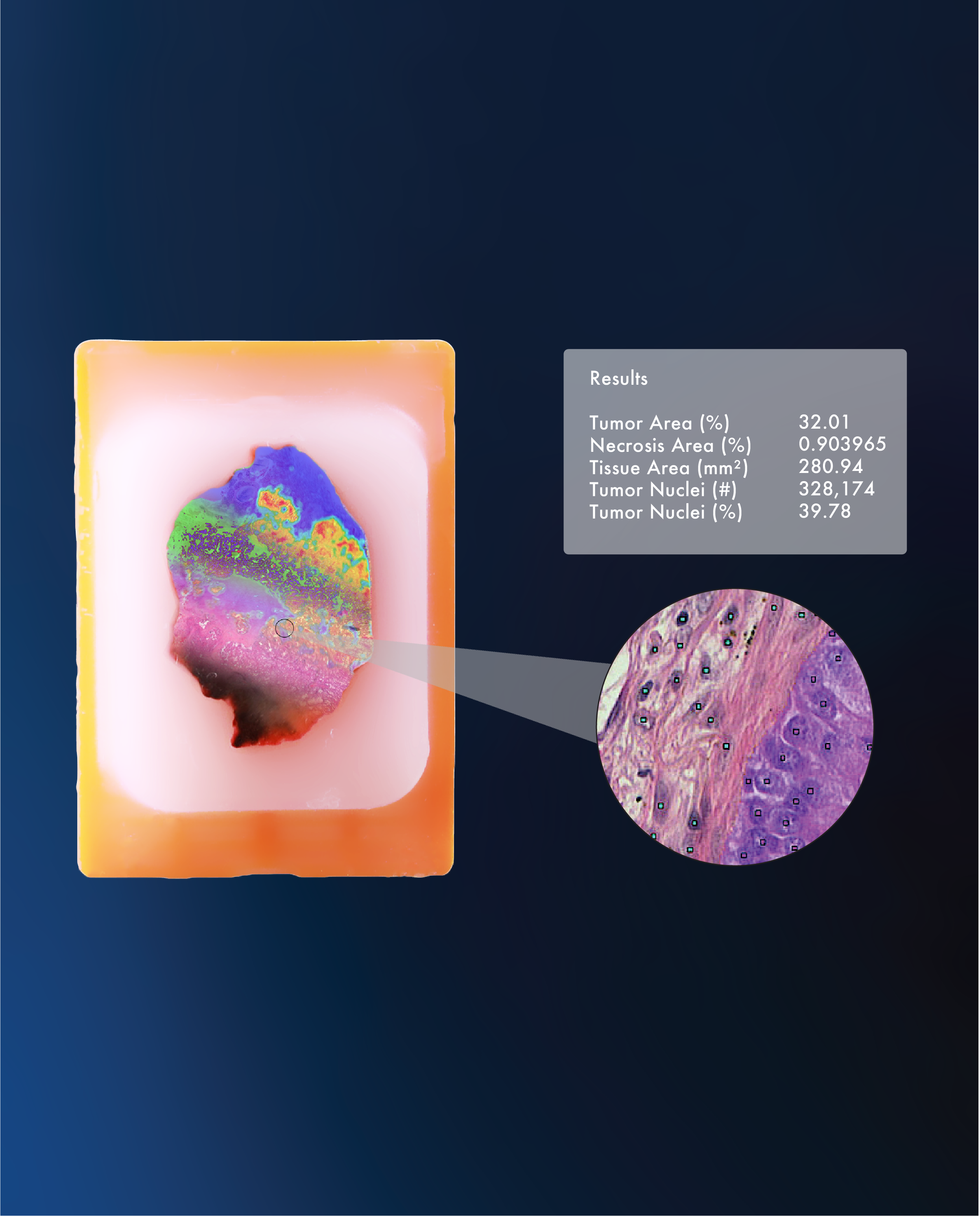The FDA's propositions to harmonize with the Common Rule.
The FDA has proposed two NPRMs (Notice of Proposed Rule Making) to harmonize the FDA Regulations with the Common Rule (The Federal Policy for the Protection of Human Subjects). There are certain aspects of the Common Rule framework that the NPRMs would not adopt, including research on de-identified specimens, and the concept of broad consent. This would result in continued divergence between both regulatory regimes. The FDA has also issued a draft guidance titled “Ethical Considerations for Clinical Investigations of Medical Products Involving Children.” The FDA has additionally proposed to introduce provisions particular to its regulations to the single IRB (Institutional Review Board) requirement.
The course of this harmonization began in 2016 as part of the 21st Century Cures Act, with Congress mandating that HHS (the U.S. Department of Health and Human Services) make revisions to HHS Human Subject Regulations, the FDA Human Subject Regulations, and the vulnerable populations' rules with the goal of efficiency, modernization, protection of the vulnerable, and support dedicated to local considerations and community engagement. The deadline was set for December 13, 2019.
In January 2017, the HHS published a final rule revision the Common Rule (the “Revised Common Rule”). The FDA then published a guidance for researchers and institutions on how to handle research with regards to the Common Rule and FDA regulations, which provided some clarification, but did not address all the differences between the Common Rule and the FDA Regulations.
Now, almost three years after Congress’ deadline, the FDA has published its proposed revisions with regard to Harmonization in the form of the NPRMs. The two NPRMs proposed by the FDA are the HSR (Human Subjects Research) NPRM, and the CR (Cooperative Research) NPRM. They both focus on updating and revising the FDA regulations, however, the HSR NPRRM proposes amendments to certain investigational device exemption (IDE) reporting requirements, and the CR NPRM pertains to cooperative research to require review of such research by a single IRB.
The key points addressed are informed consent and subject recruitment, continued IRB review and IDE reporting, in-vitro diagnostic studies in regard to the use of left-over samples, broad consent, single IRB review, and FDA draft guidance on the ethical considerations for clinical investigations involving children.
To review an outline of each NPRM in detail, head to Ropes & Gray’s article.



